Parliament
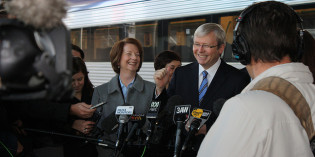
100 things we learned about democracy in 2013: Part two
To mark the end of 2013, Democratic Audit has collected 100 of the most important, surprising and downright disturbing things we have learned about democracy this year. Here is part two of our list, ranging from Australian coups and the expanding Lords to neighbourhood planning and the political impact of a pair of red trousers. […]

100 things we learned about democracy in 2013: Part one
To mark the end of 2013, Democratic Audit has collected 100 of the most important, surprising and downright disturbing things we have learned about democracy this year. Here is part one of our list, ranging from toddlers and tweeting MPs to workplace democracy and the lonely Wigan Tory. Similar Posts100 things we learned about democracy […]

Book Review: The British Constitution: Continuity and Change – A Festschrift for Vernon Bogdanor
Despite the efforts of the Liberal Democrats in Government, the movement for constitutional reform is at a nadir in the wake of the defeat of the AV referendum and the abandonment of democratisation of the House of Lords. As a result, awareness of the constitution has never been higher, making Matt Qvortrup’s Festschrift for Professor Vernon Bogdanor […]
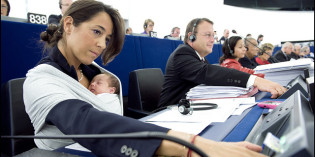
Parliament still has a long way to go if it is to be considered ‘family friendly’
Despite efforts over recent years to make Parliament more “family-friendly” through reforms such as an on-site nursery and changes to sitting times, many MPs are still finding it difficult to achieve a healthy life/work balance, putting off prospective candidates in the process. Louise Thompson argues that there is much further to go if we are to […]
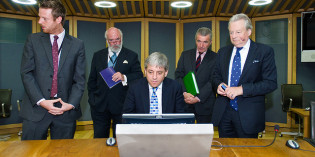
Towards a 21st Century Parliament
The Speaker of the House of Commons, John Bercow MP, recently spoke at the Hansard Society on the state of British democracy, and announced the creation of a Speakers Commission on digital democracy, and how to bring about what he terms ‘Parliament 2.0’. The commission will last a year, and will report in 2015, just […]
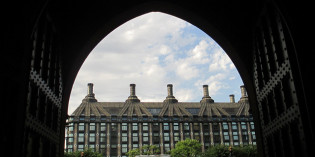
If Parliament wants to be trusted, it must trust the people
Parliamentary and constitutional reform remains the main focus of most efforts to improve government and make our democracy fit for the 21st Century. But while these efforts are important and have made a positive difference in the past, they are not on their own sufficient. To become a truly representative and relevant institution, Parliament must engage directly […]
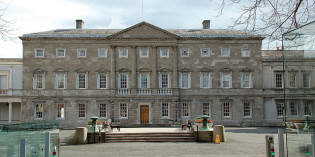
How Ireland legislated for candidate sex quotas to increase women’s representation
Almost a century after the first female MP was elected, women still comprise only a fifth of the House of Commons. One of the measures suggested for remedying this inequality is the use of gender quotas for parliamentary candidates. Here, the UK could learn from Ireland, where a law introducing a quota was passed in […]

The Dutch model of pre-legislative scrutiny could help the UK produce better law
Parliament has increasingly been engaged in pre-legislative scrutiny in recent years. In this post, Anthony Zacharzewski of the Democratic Society considers the Dutch approach, which provides for independent scrutiny and advice to legislators as part of an established assessment framework. There are various ways we could apply this model to the UK, he argues, with […]
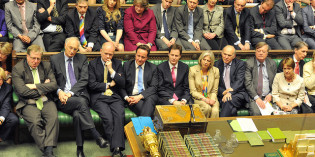
Britain’s bloated payroll vote hampers Parliament in keeping a check on the executive
The latest Coalition reshuffle saw the size of the payroll vote remain steady, with 140 members of the Government benches in the House of Commons now compelled to vote in line with the frontbench, or else lose their position. In previous Democratic Audit reports and articles, Stuart Wilks-Heeg, Andrew Blick, and Stephen Crone have considered the […]

Having security chiefs give evidence to Parliament is progress, but future sessions must dig deeper
Last week was the first time that the heads of Britain’s security services have appeared in public in front of the newly reformed Intelligence and Security Committee (ISC). Andrew Defty argues that although the session was in and of itself significant, in future the ISC members must exert a greater degree of scrutiny if the committee is […]


 Democratic Audit's core funding is provided by the Joseph Rowntree Charitable Trust. Additional funding is provided by the London School of Economics.
Democratic Audit's core funding is provided by the Joseph Rowntree Charitable Trust. Additional funding is provided by the London School of Economics.